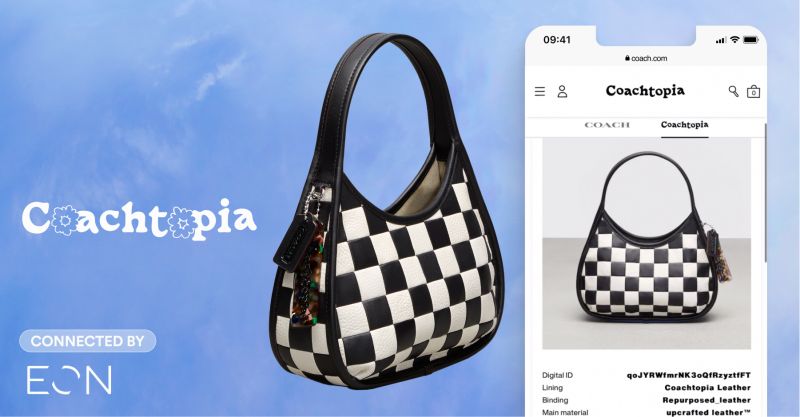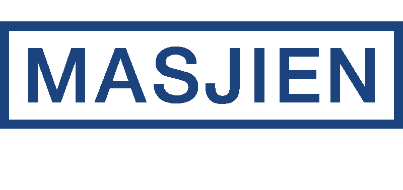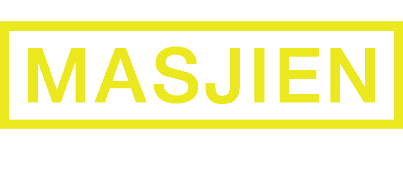Column by Ann for De Tijd : Handbag with a passport
May 12, 2023, De Tijd
For many, fashion stands as a cornerstone of their identity. Ever-evolving trends serve as mirrors reflecting societal changes, nurturing the dreams of many. Within its realm thrives a community brimming with passionate individuals, wielding creativity and beauty as their tools.
Regrettably, a darker underbelly exists – rampant overconsumption, hazardous materials, and exploitative production practices. This somber reality has propelled the industry toward a sustainability crusade spanning several years. Urgent recalibration is imperative, as underscored by the words of British fashion luminary, Vivienne Westwood: “Buy less, choose well, make it last.”
Despite its seasonal innovation, the fashion domain clings to conservatism. In tandem with calls for transparency and behavioral shifts, technology emerges as a potent ally in accelerating sustainability.
Data analysis empowers smarter procurement and production decisions. Innovative tools like Shavatar, ContourLab, and Zalando’s virtual fitting room aid online shoppers in accurately assessing sizes and body types. This not only slashes return rates but also augments customer satisfaction.
Renowned sustainable fashion expert Jasmien Wynants laments in the book ‘Groeien Broeken aan Bomen?’ that every passing second globally witnesses a voluminous dump of textiles, incinerated or discarded onto wastelands. These precious resources merit reincarnation.

Coachtopia, an offshoot of fashion powerhouse Coach, morphs this cycle into an engaging escapade. With a TikTok frenzy and an enthusiastic Gen Z community, discarded materials and excesses are transformed into novel products, primed for recycling.
Each item bears an NFC chip that, upon a phone’s touch, unveils a digital dossier – divulging insights into materials, design, and ecological footprint. This passport also charts the product’s journey, whether it undergoes repair, reuse, or reinvention.
The startup EON champions these digital product passports, leveraging blockchain for transparent verification and monitoring. Teaming up with esteemed French luxury brand Chloé, EON streamlines the process of sharing product information on second-hand platforms. This democratizes the process of buying and selling high-end items.
Buoyed by the new EU textile strategy, the eventual incorporation of digital product passports into legislation looms. This development holds immense promise. Let’s infuse these passports with ingenious concepts, aspirations, and narratives. Alternatively, envision embracing virtual fashion, an innovation with minimal ecological repercussions. This avenue might wield the most resounding influence. While I wholeheartedly embrace every stride toward a cleaner fashion industry through innovation, technology undoubtedly remains its linchpin, propelling it toward a pristine future.

